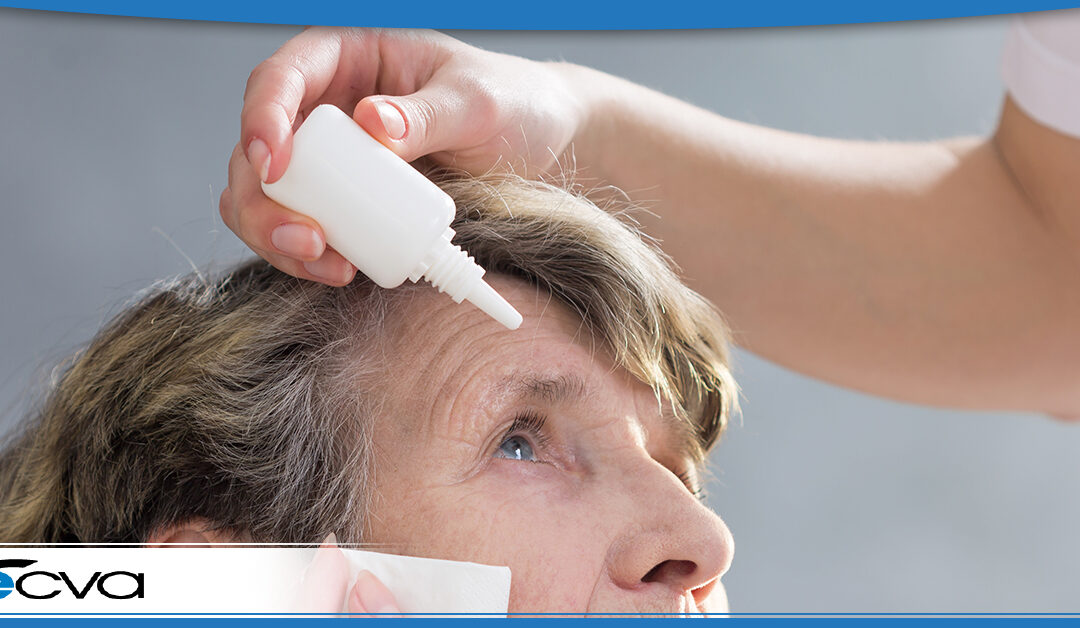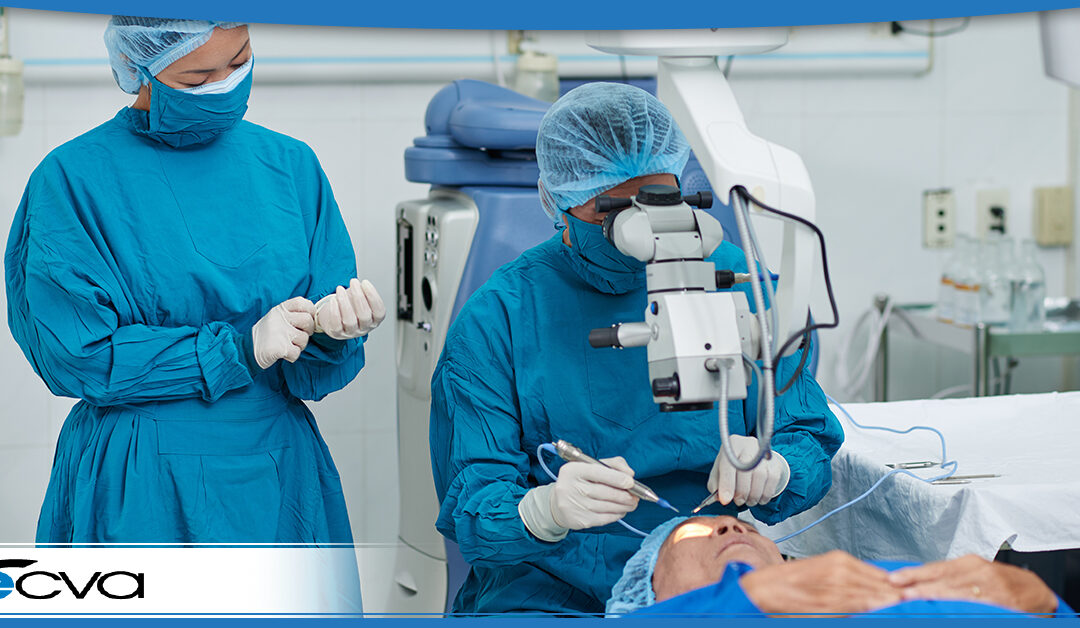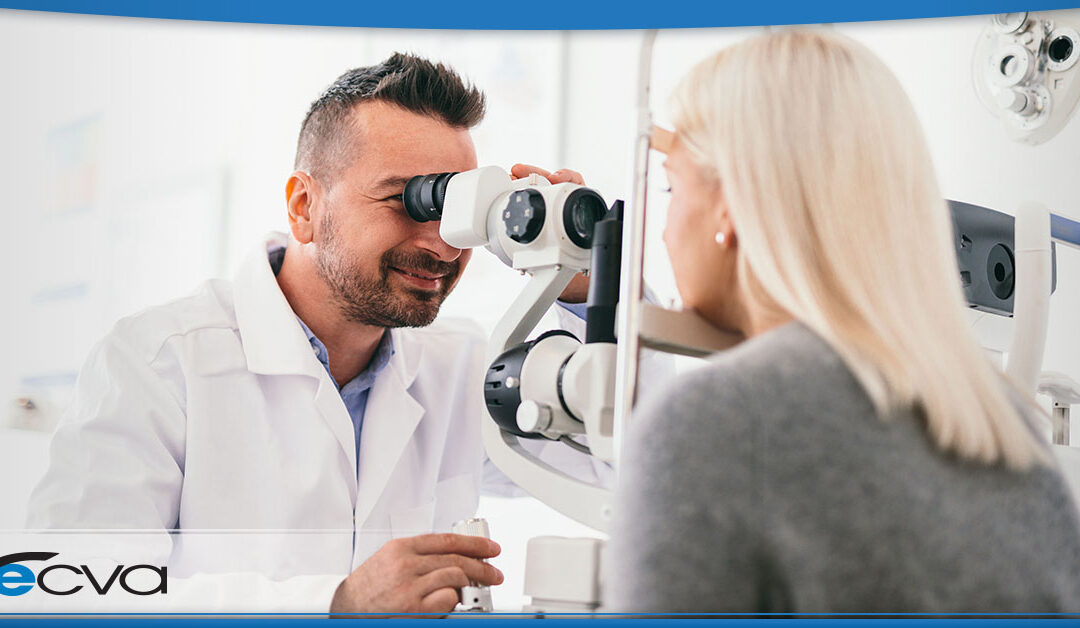
by ecvaeyeadminz | Sep 7, 2023 | Cataracts
Postoperative care plays a significant role in a successful cataract surgery recovery. By using the right approach, you can ensure the healing process goes as smoothly as possible. If you want to make sure that you’re on the best possible path, here are some...

by ecvaeyeadminz | Jun 7, 2023 | Cataracts
Whether you recently learned that you have cataracts and want to prepare or are getting ready for cataract surgery, understanding your out-of-pocket costs is essential. The most common question for those with insurance is whether their policy covers cataract surgery....

by ecvaeyeadminz | Jun 24, 2022 | Cataracts
Cataracts can have a dramatic impact on your vision, causing cloudiness that harms visual acuity and alters the visual field. Typically, cataracts are a normal part of the aging process. Additionally, they’re reasonably easy to treat should the need arise. ...

by ecvaeyeadminz | Feb 24, 2022 | Cataracts
Cataracts are an incredibly common eye condition, particularly as people get older. Often, the disease progresses slowly, giving those with cataracts time to determine which course of action is best for their needs. However, there are times when cataracts can advance...

by ecvaeyeadminz | Dec 22, 2021 | Cataracts
When you’re preparing for cataract surgery, you may have questions about your recovery. While knowing that your vision quality will improve is part of that equation, it’s normal to wonder how long recovery takes and what to expect along the way. Additionally, you...






